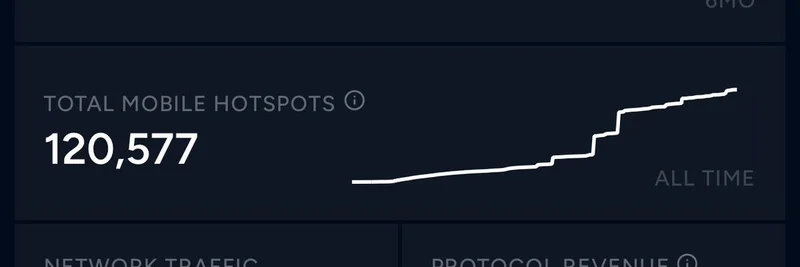Liquity Protocol Launches $125,000 BOLD Bug Bounty on Cantina: A Deep Dive into Web3 Security
In a significant move for the Web3 security landscape, Liquity Protocol has launched a bug bounty program on Cantina, offering rewards of up to $125,000 BOLD. This initiative aims to fortify the security of Liquity V2, a decentralized borrowing and stablecoin protocol that leverages ETH and Liquid Staking Tokens (LSTs) to provide a fully redeemable stablecoin. Let's break down what this means for researchers, developers, and the broader crypto community.
Understanding Liquity V2 and Its Importance
Liquity V2 builds on the success of its predecessor by introducing a system where users can borrow against their ETH and LSTs through overcollateralized Troves. This mechanism ensures that the stablecoin remains fully backed, maintaining its peg to the dollar and providing a reliable medium of exchange within the DeFi ecosystem. The protocol's core innovation lies in its ability to offer a decentralized, non-custodial borrowing experience, which is crucial for users seeking financial sovereignty.
The Role of Cantina in Web3 Security
Cantina plays a pivotal role in connecting protocols with top-tier Web3 security researchers. By hosting bug bounties, Cantina facilitates a streamlined communication process, enhances quality control, and filters out noise, ensuring that only the most critical vulnerabilities are addressed. This partnership is a testament to Cantina's commitment to fostering a secure and robust DeFi environment.
Why This Bug Bounty Matters
The launch of this bug bounty is timely, given the increasing complexity and interconnectedness of DeFi protocols. With rewards as high as $125,000 BOLD, Liquity Protocol is incentivizing the global community of security researchers to scrutinize their system thoroughly. This not only helps in identifying potential exploits but also builds trust among users who rely on the protocol for their financial operations.
Key Benefits for Researchers
- Substantial Rewards: Up to $125,000 BOLD for critical findings.
- Access to Cutting-Edge Technology: Opportunity to work with Liquity V2's innovative framework.
- Community Recognition: Contribution to the security of a prominent DeFi protocol.
Key Benefits for Liquity Protocol
- Enhanced Security: Identification and mitigation of vulnerabilities before they can be exploited.
- User Trust: Demonstrating a proactive approach to security fosters confidence among users.
- Community Engagement: Involving the broader Web3 community in the security process.
How to Get Involved
For those interested in participating, the bug bounty is now live on Cantina. Researchers can start testing by visiting the official Cantina page. The process involves identifying bugs, reporting them through Cantina's platform, and potentially earning significant rewards based on the severity of the findings.
The Broader Implications for Web3
This bug bounty is more than just a security exercise; it's a reflection of the evolving landscape of Web3. As protocols like Liquity continue to push the boundaries of what's possible in decentralized finance, the need for robust security measures becomes paramount. By leveraging platforms like Cantina, the industry is taking a proactive stance against potential threats, ensuring that the promise of DeFi can be realized without compromising on safety.
Conclusion
Liquity Protocol's decision to launch a $125,000 BOLD bug bounty on Cantina is a strategic move that underscores the importance of security in the Web3 era. For researchers, it's an opportunity to engage with cutting-edge technology and earn substantial rewards. For Liquity, it's a step towards building a more secure and trustworthy protocol. As the DeFi space continues to grow, initiatives like these will play a crucial role in shaping its future.
Stay tuned to Meme Insider for more updates on the latest developments in the world of blockchain and cryptocurrency. Whether you're a practitioner looking to enhance your knowledge or a curious enthusiast, our rich knowledge base is here to help you navigate the complexities of this dynamic field.



